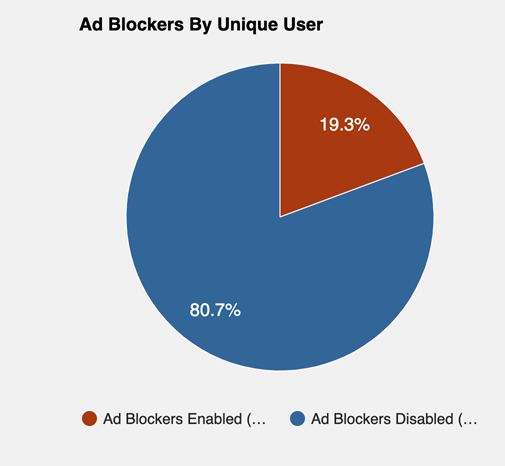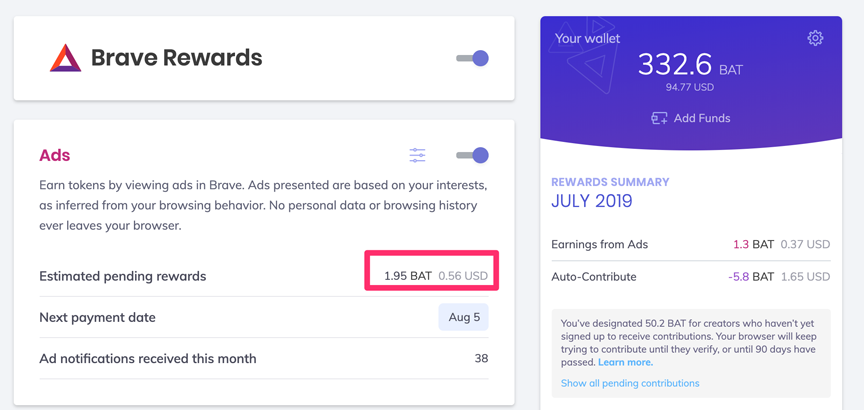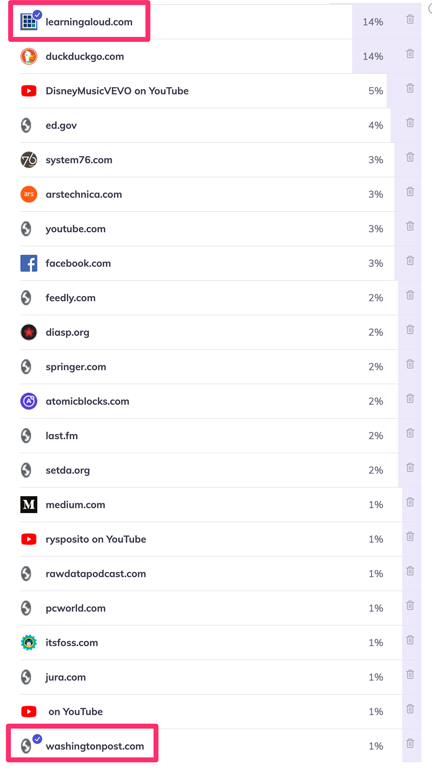
If you are reading this, you are a financial participant in the economic system that supports the Internet. This claim is not intended as a reference to the fees you pay for your phone data plan or the connection you use at your home or business. The money we all pay to access the Internet is another issue and beyond access has nothing to do with supporting the service providers and the content creators that make the Internet worth using.
Beyond the money paid for general Internet access, many spend no more money for the services they receive. They don’t use a check or credit card to compensate Google for searches, Facebook for social interaction, or the writers and videographers for the content users access. Others may pay for a few services, but also use many others without spending a cent.
I am guessing you understand and see in your own online experiences that your willingness to view ads is how you compensate someone for the valuable experiences you receive. I am assuming you are not among those who block ads as this action would violate the trust the free services put on you to understand that the services you receive are really not free for them to provide. Internet ads interest those who pay to have them posted largely because these ads can be targeted to the interests of viewers and thus are more valuable than ads they could have placed on television, radio, or in your daily paper (if you get a print copy). Of course, this means that to receive targeted ads companies have collected information about your online behavior to make educated guesses about your interests. Just to be clear, ads cover a wider variety of targeted information than most of us probably recognize. Ads may attempt to interest you in a specific car or brand of laundry detergent, but also a political candidate or cause. You may not recognize that those who want to convince us of specific facts or fallacies may also send information or disinformation our way based on what they can learn about you. It is this hidden effort at persuasion that is of concern, but part of the financial incentive opportunity that supports the Internet.
The hidden incentives that encourage Internet service providers have drawn the attention of politicians and this attention may eventually result in some restrictions. Of course, any time politically mandated restrictions are mentioned, other politicians will resist and legislation becomes very difficult to pass.
Allow me to propose a solution you might try while we all wait for legal guidance.
I think that Internet users should pay for the services and content they receive. I think this is the only commitment that makes long-term sense in terms of saving the open Internet. There are several ways to do this without relying on the collection of personal information and targeted ads. Some form of micropayments makes the most sense. You pay a small amount when you visit and use content or a service. Just to be clear, I am describing a system that replaces the types of access now funded by ads and not the services that are behind a paywall (another issue not addressed here).
What I recommend is that you explore and use the Brave Ecosystem. I have no official connection with Brave, but have used this system as my primary way to work online for a substantial amount of time. Brave is a browser that is based on chromium. The Brave browser should be an easy transition for anyone familiar with the Chrome browser.
It is an understanding of the ecosystem behind this browser that is what I am promoting. This ecosystem could be used in what I consider an unethical way, but the system is designed with the potential to compensate participating online services and content creators. The Brave browser allows you to block ads and the collection of personal information. If this is all you use it for, I regard your behavior as unethical. Brave allows you to support the online community by contributing money to the ecosystem that is allocated to online resource providers based on which sites you visit and how much time you commit to specific sites.
In addition or as an alternative to contributing money, you can also commit to viewing ads on Brave. Those wanting to advertise on Brave pay just like those wanting to advertise through other online ad systems, but these ads are not shown based on information shared back to the ad companies. Brave uses a system that resides on your devices to categorize you in a way that determines the type of ads you will see. You can keep the money you receive OR you can allocate these funds to compensate the providers associated with the sites you visit. These funds work just as well for compensation as funds you send Brave out of your pocket.
Brave is not perfect, but I support this model and have participated since the early days of its development. Like so many ideas associated with the Internet, the value of an idea grows with the number of participants. More participants would attract more companies to have their ads included and more participants among resource providers. The success of Brave would also encourage other companies to try similar models.
I hope the following video provides a concrete look at how Brave works.
![]()




You must be logged in to post a comment.